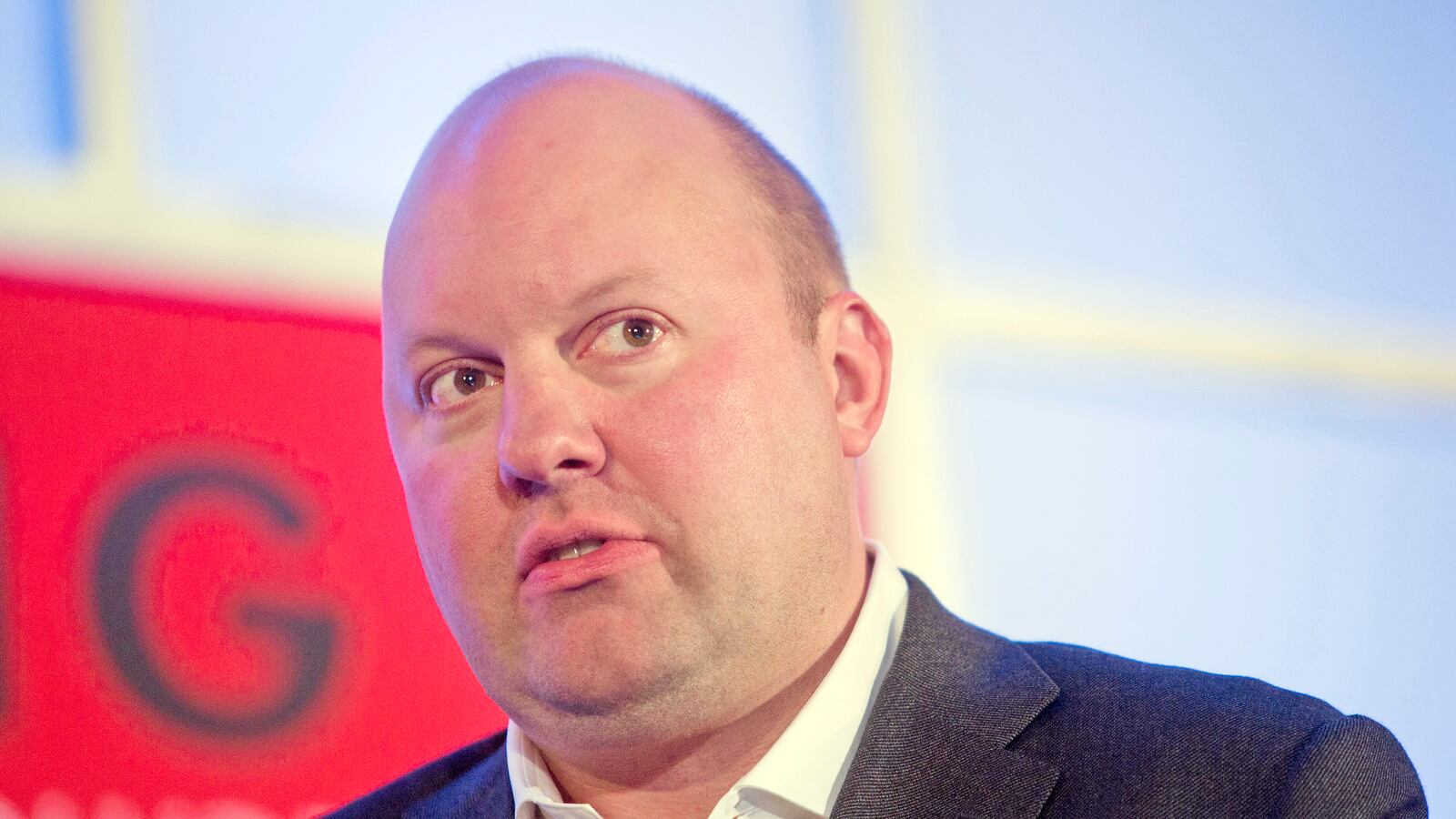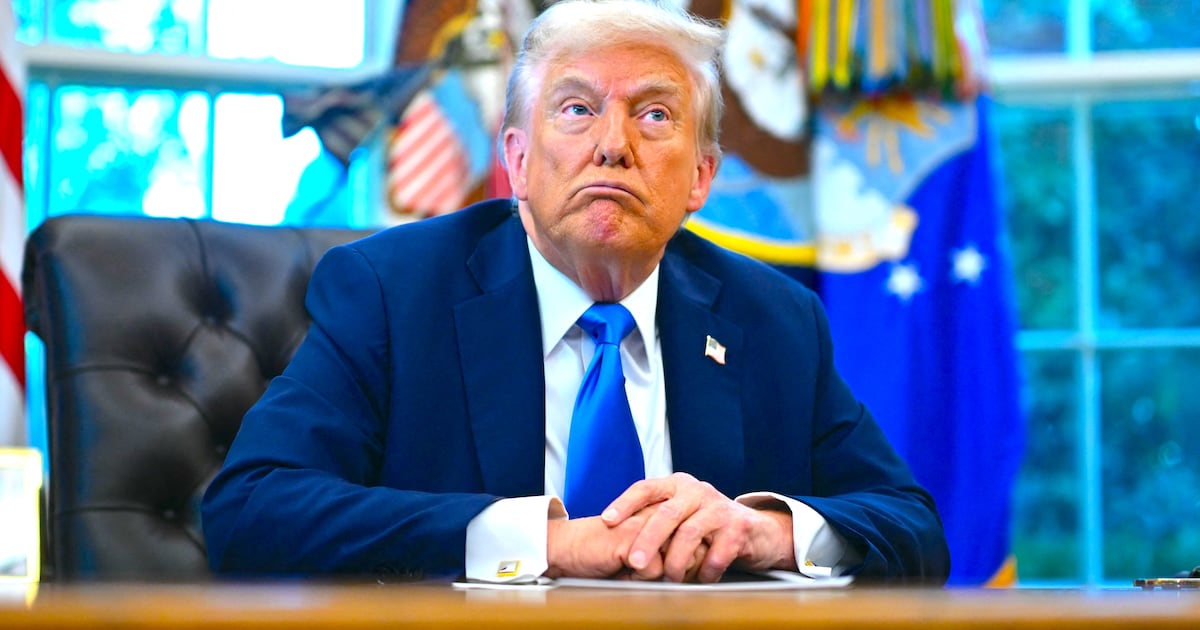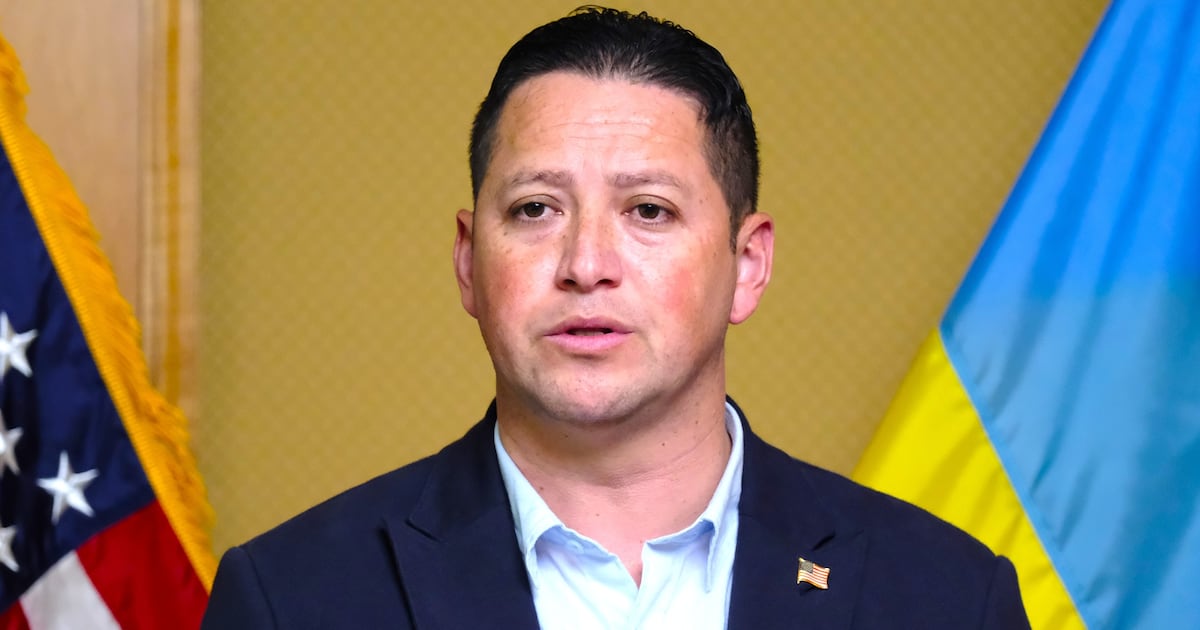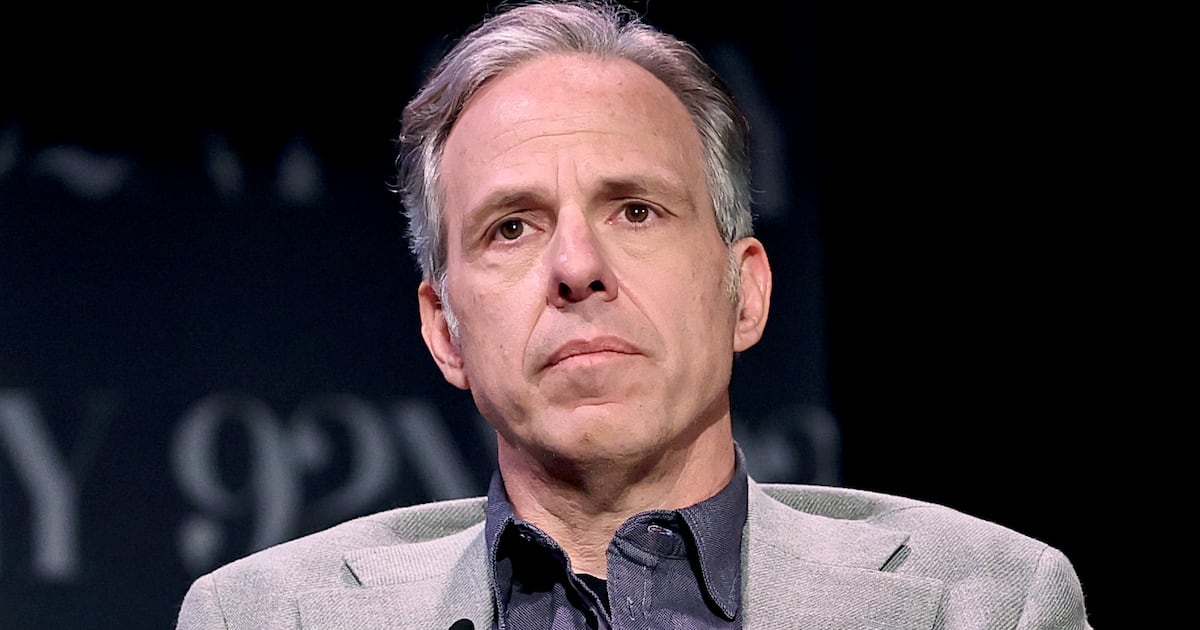This column first appeared on Breakingviews.com, the global financial commentary service of Thomson Reuters.

The blame game is in full swing at Hewlett-Packard over the wayward technology conglomerate’s $8.8 billion write-down of Autonomy. The company pins the fiasco on the British software company for inflating its books. CEO Meg Whitman also faults herself, her predecessor, and a departed chief of strategy. Fingers are being pointed at Autonomy’s auditors while investment bankers on both sides of the 2011 deal are no doubt furiously huddling with legal counsel. Yet there’s at least one more name to add to the recrimination list: HP director Marc Andreessen.
It may sound heretical to rope in the wunderkind who founded Netscape, the web browser that effectively brought the Internet to the masses in the 1990s. Andreessen is also a visionary who warned a little over a year ago that “software is eating the world.” Surely the pointy-headed engineer who cautioned “we are in the middle of a dramatic and broad technological and economic shift” is precisely the sort of sage a relative pterodactyl like HP needs on board.
In fact, Andreessen’s alarmist perspective appears to have infected the board’s wider judgment. Take Autonomy. Andreessen was the biggest proponent for the acquisition among the company’s directors, according to people familiar with the board’s deliberations. Given his view about the digestive powers of software, expounded in a Wall Street Journal editorial two days after the Autonomy deal was announced and cratered HP’s shares, it’s probably not surprising. But the zeal with which HP approached Mike Lynch’s creation suggests something akin to panic.
Indeed, it’s not merely that HP paid way more than Autonomy was worth. That much is now clear in retrospect—and, from HP’s perspective, perhaps for devious reasons. Even at the time, though, it looked loony. A few months before the Autonomy purchase was unveiled in August 2011, Oracle boss Larry Ellison passed on the chance. “Oracle refused to make an offer because Autonomy’s current market value of $6 billion was way too high,” Ellison said in an oddly bitchy September statement after having met with Autonomy founder Lynch in April.
Autonomy isn’t the only black mark on Andreessen’s record since he joined the HP board in 2009. He was also one of the lead directors responsible for recruiting former CEO Leo Apotheker, whose fear of the looming appetite of software scared HP into squandering shareholders’ treasure on Autonomy. Moreover, a majority of HP directors did not actually meet Apotheker before his appointment. That effectively meant Andreessen was given extraordinary powers in choosing HP’s leader. By that token, he arguably bears a larger share of the responsibility for the poor choices made by his chosen executive.
Andreessen’s missteps don’t end there. Six months after he joined the board, HP paid $1.2 billion for Palm. Like the Autonomy debacle, that deal was predicated on HP’s ambitions to snag a position in the software business. As HP said at the time, “Palm’s innovative operating system provides an ideal platform to expand HP’s mobility strategy.” It wasn’t long before all vestiges of Palm were effectively exterminated from the HP product line. At least Palm only cost a tenth of Autonomy.
As a member of Silicon Valley’s in-crowd, Andreessen sits on other corporate boards, including those of Facebook and eBay. He also has an eponymous venture-capital firm. That means he’s probably pretty busy. And maybe his multi-tasking has some merits. He was, for instance, able to lend a hand to eBay, on whose board he sat, when it needed a buyer to take Skype off its hands. Andreessen Horowitz was one of the investors that acquired the video-telephony firm for $2.75 billion from the online-auction company. Skype was sold two years later for $8.5 billion to Microsoft.
As an investor, a technologist, and an entrepreneur, Andreessen deserves a place in the World Wide Web Hall of Fame. Nothing about his tenure at HP, however, suggests he should join the pantheon of great directors. In fact, he has already overstayed his welcome.
Rob Cox is U.S. editor for Reuters Breakingviews.






